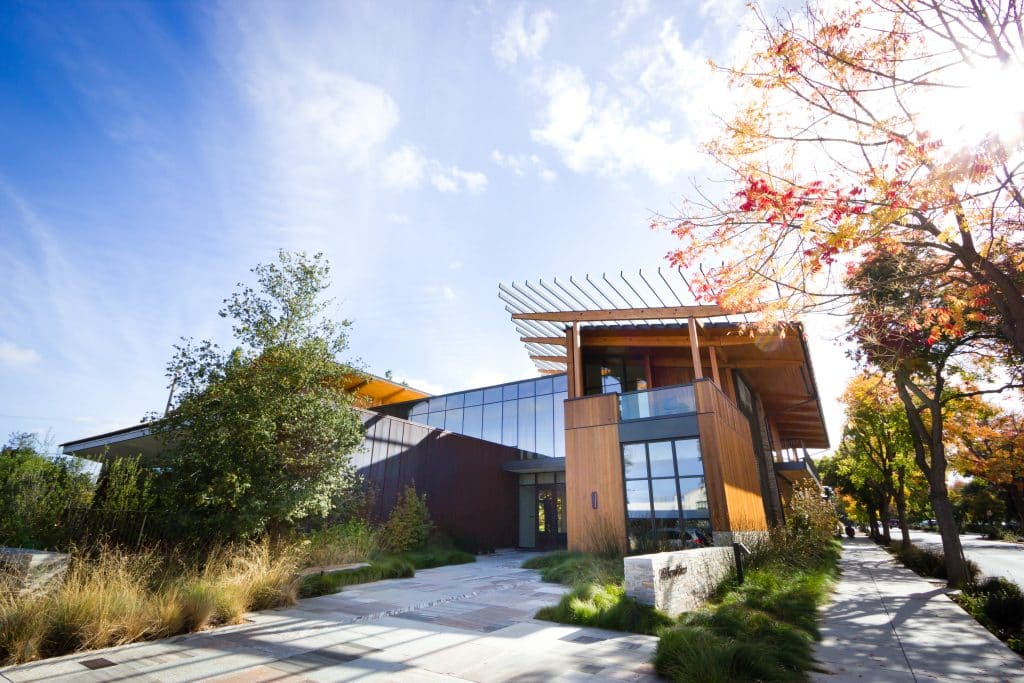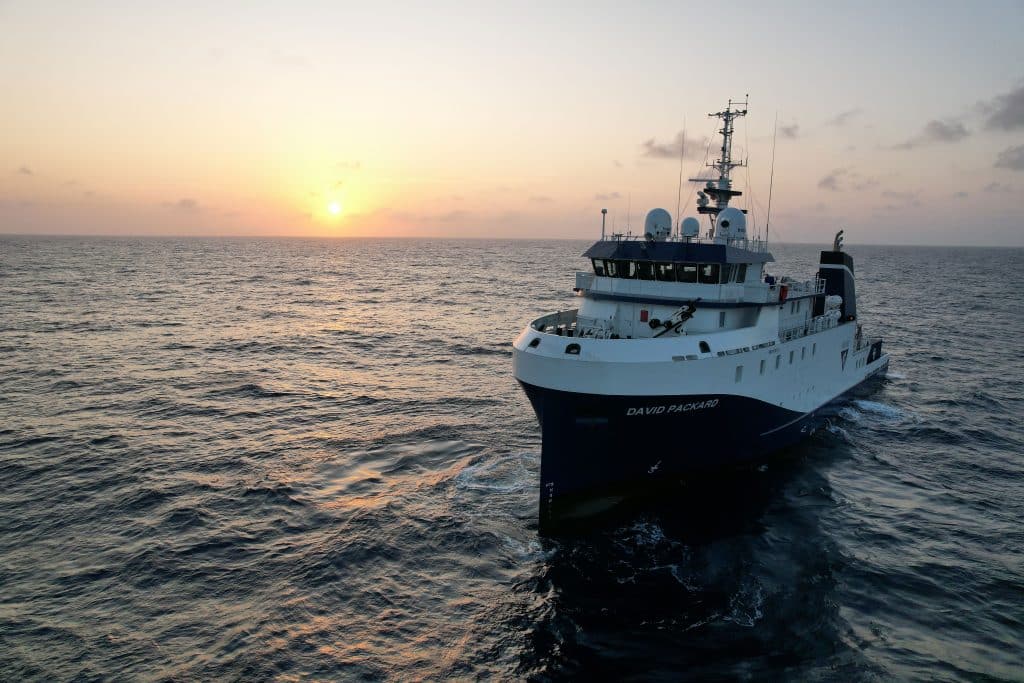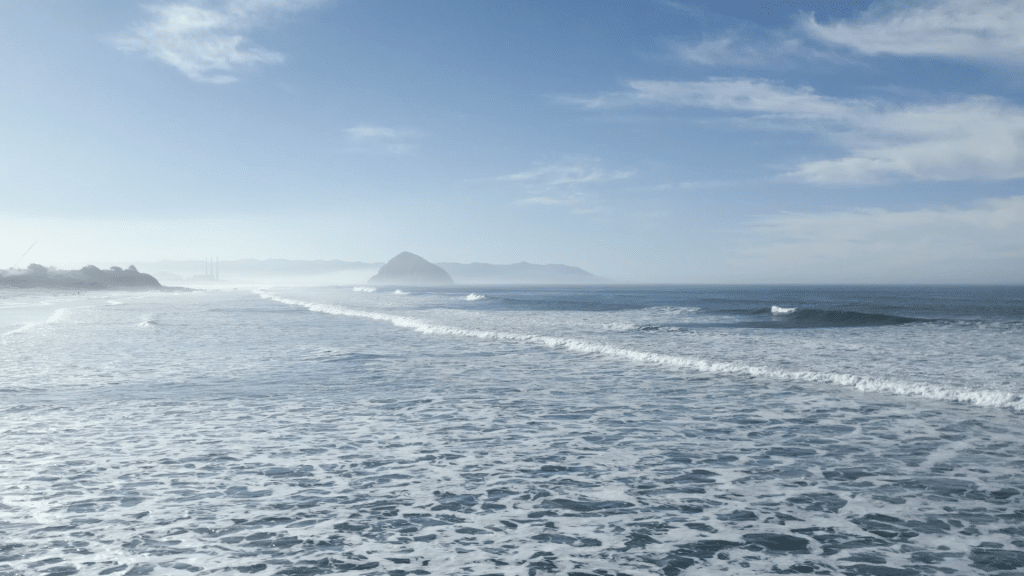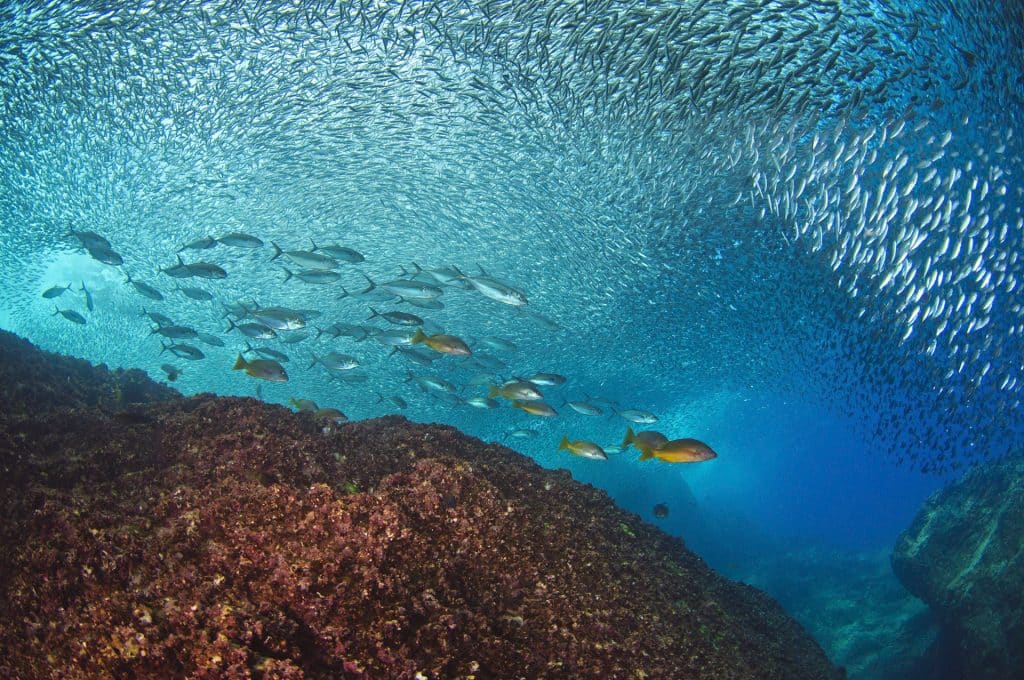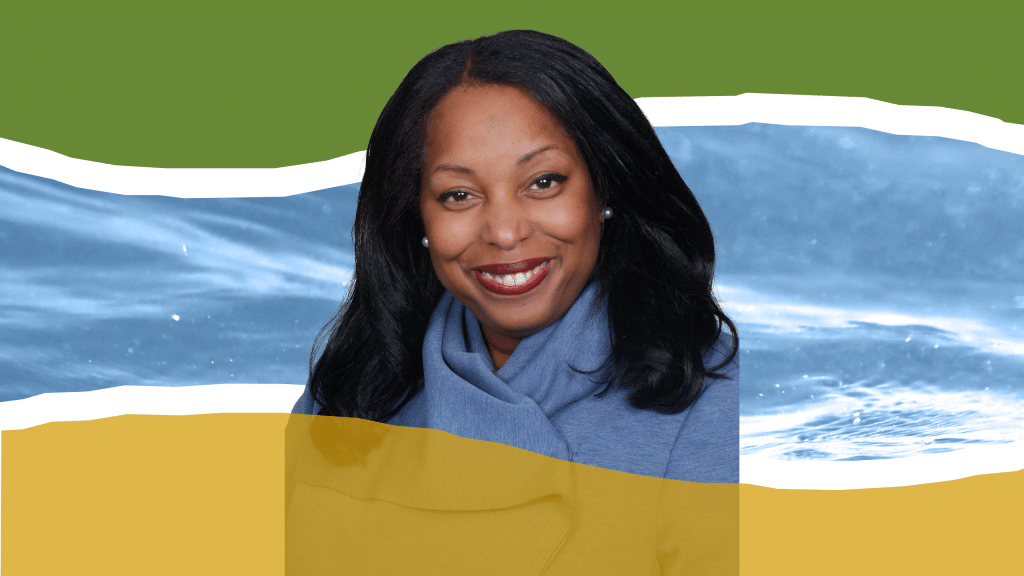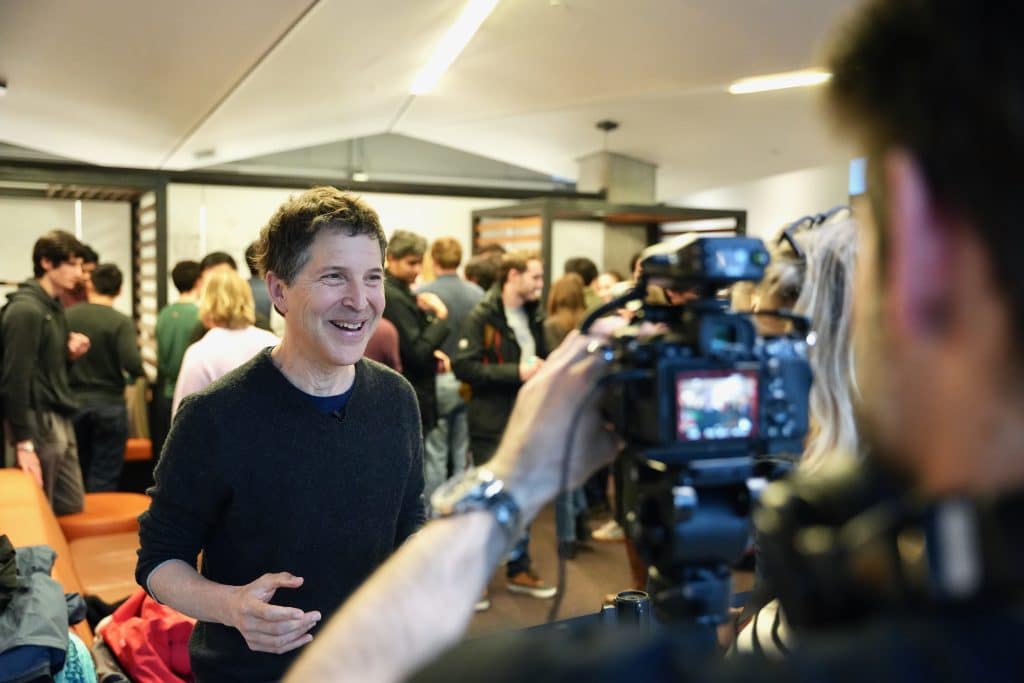Within the field of ocean conservation, as in many areas of social and environmental change work, we are witnessing a call to authentically advance equity issues, particularly within the context of the global pandemic and the social and racial disparities it has resurfaced. This includes an emphasis on protecting human rights, supporting gender equity, and centering the expertise of Black, Latinx and Indigenous communities. For the ocean community specifically, it means protecting ocean life while also addressing issues affecting the people whose lives and livelihoods are directly connected to the ocean.
Centering equity and justice requires examining long-held biases and assumptions, reckoning with how ocean conservation has perpetuated inequitable policies, practices, and behaviors, and examining how philanthropy can help shift power to those most impacted. It also calls for us to deepen support for organizations seeking to make changes in their practices, policies, and behaviors to foster more equitable ocean conservation efforts.
Assessing equity in ocean conservation
A first step in any path toward transformative change requires that we understand the starting context we’re operating in and the opportunities that lie ahead. So, in 2019, in response to increasing requests and interest from partners, the Packard Foundation sought to assess the current state of equity within the strategies and operations of many of our U.S.-based ocean conservation grantees. The goal of the voluntary assessment was to identify definitive steps that support U.S. ocean conservation organizations to better center equity in their work. Equity, as defined in this context, is a “multi-dimensional concept of ethical concerns and social justice based on the distribution of costs and benefits, process and participation, and recognition, underpinned by the context under consideration.” It is sometimes used synonymously with fairness or justice.
Thirty-one organizations participated in the assessment, which included a review of ten equity practices pertaining to: leadership, board of directors, human resources, organizational infrastructure, staff professional development, organizational culture and learning, policy and advocacy, community engagement, strategy, and evaluation. The results were published earlier this year in the report authored by Chris Armijo, Philip Chung, and Jackie Laundon, Organizational Assessment of U.S. Marine and Global Seafood Markets Grantees Equity Practices and Policies.
The assessment’s findings revealed that:
- Among ocean conservation grantees, there is no uniform understanding of equity, why it is important, what it entails, and how to address it.
- Moving from discussions on equity to actual organizational shifts requires that organizations identify tangible internal and external practices to address.
- Equity should be seen as an ongoing journey that organizations need to commit to, understanding that a shift in practices and culture will be required of them for this work to be successful.
The assessment report also offered five recommendations for funders, scientists, advocates, and equity practitioners. Among them, there is a need for: greater investments in executive and emerging leaders to be the next generation of equity champions; investments in cohort-learning, peer-to-peer learning, coaching and training; and multi-year grants supporting organizational effectiveness and equity work.
Launching the Marine & Markets Equity Cohort
The assessment highlighted the need for more investments in cultivating, supporting, and elevating ocean conservation organizations that prioritize equity. The interest from our partner organizations, along with the report’s recommendations, galvanized us to bring together the Foundation’s Global Seafood Markets, U.S. Marine, and Organizational Effectiveness teams, along with Chris Armijo Consulting and Whitney Tome of The Raben Group, to design the Marine & Markets Equity Cohort, a group of thirteen organizations selected by an advisory committee to learn with organizations working on similar issues.
The Cohort launched in the spring of 2021 and focuses on centering equity in leadership, organizational development, staff development, community engagement, and strategy. The Cohort was selected through a competitive application process that evaluated participants based on their commitment to equity and readiness for organizational change. Over two years, the Cohort will provide participants with annual individual capacity building grants to support integrating equity approaches into their internal organizational practices and their internal equity work alongside opportunities for peer-learning, connection, and equity-related organizational development training.
Engaging in organizational change is complex and challenging. We hope that organizations can learn from one another and feel supported to advance equity in their internal and external practices to foster a more racially just and equitable ocean conservation field.
The ongoing journey of equity and justice
The Marine & Markets Equity Cohort is one example of how the Packard Foundation is engaged in examining and shifting our own organizational practices to better center equity and justice in all that we do. Our Ocean and Organizational Effectiveness teams are pursuing a range of approaches, including: identifying and increasing support to new partners who are centering equity and are rooted in Black, Indigenous, and Latinx communities; prioritizing leadership and organizational support for these groups; supporting movement building training and relationship building that centers race equity; and supporting leadership pathways for emerging ocean leaders.
We invite other conservation funders who may be exploring ways to shift their practices or support equity-work to join us on this journey. Let’s grow together. We look forward to listening and learning alongside our grantee and funding partners to deepen our understanding of what supports are needed.




